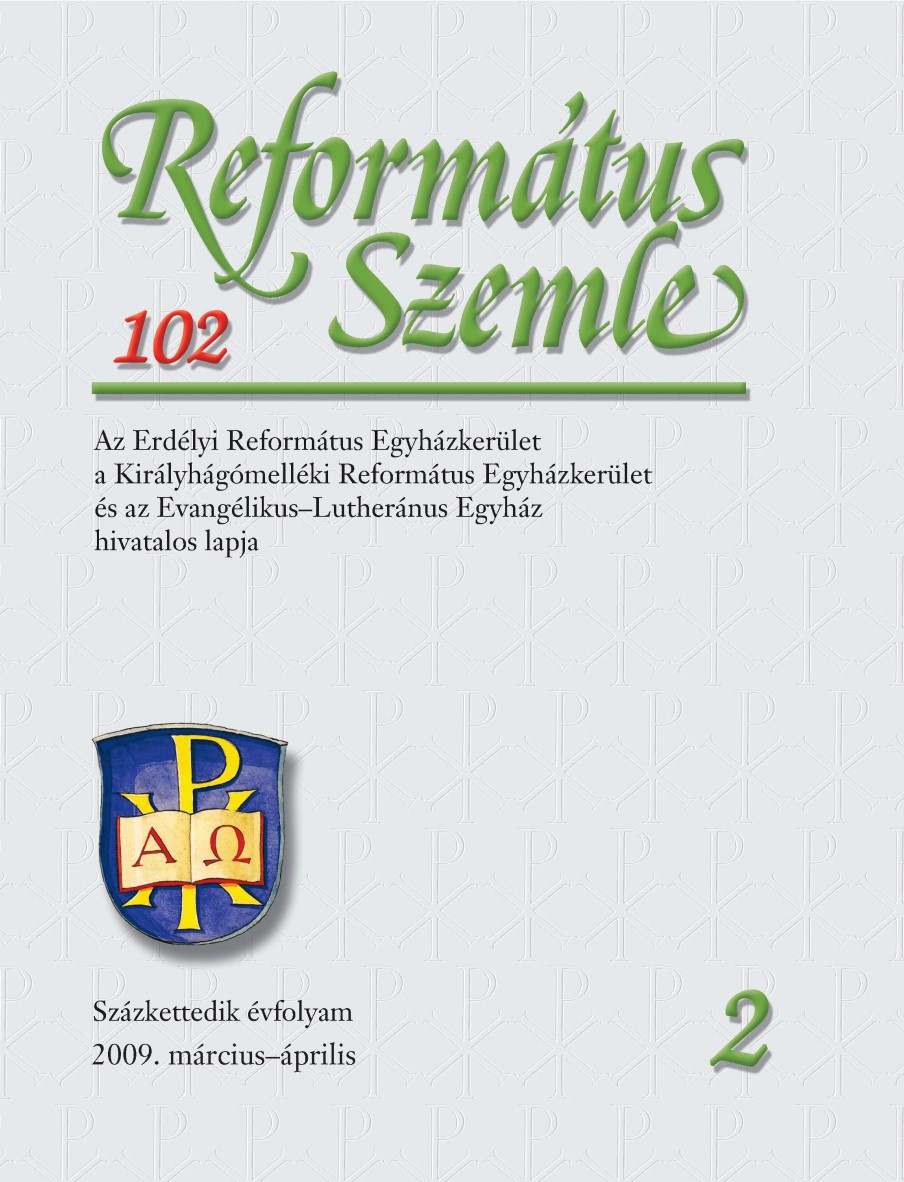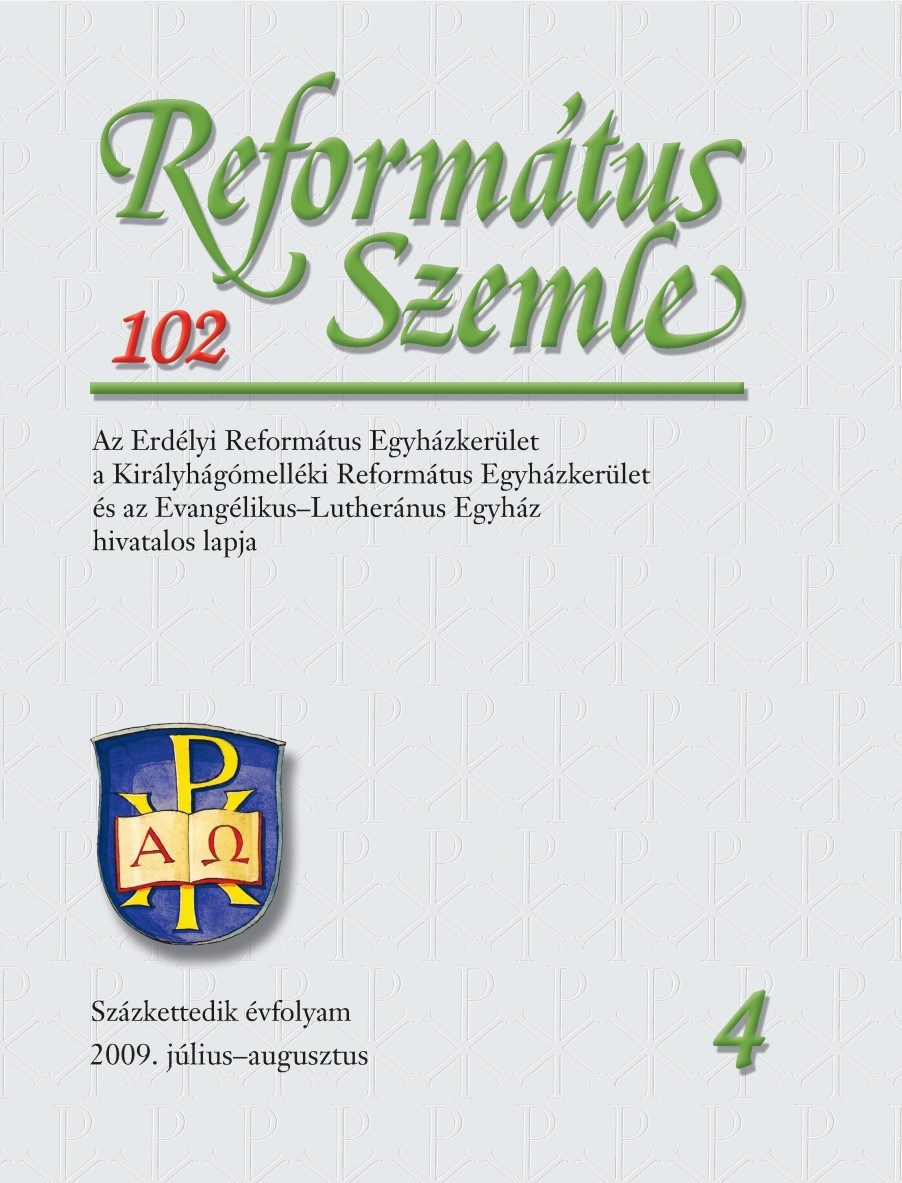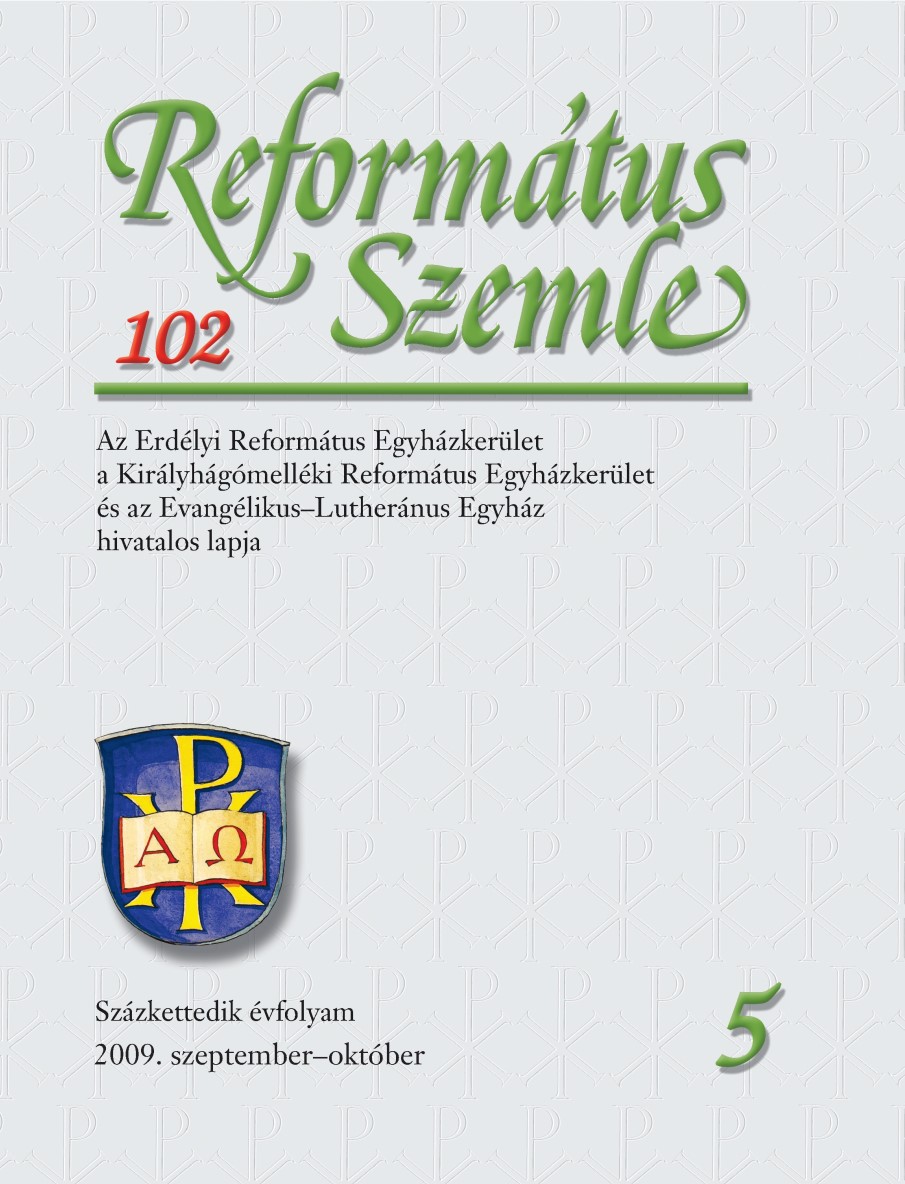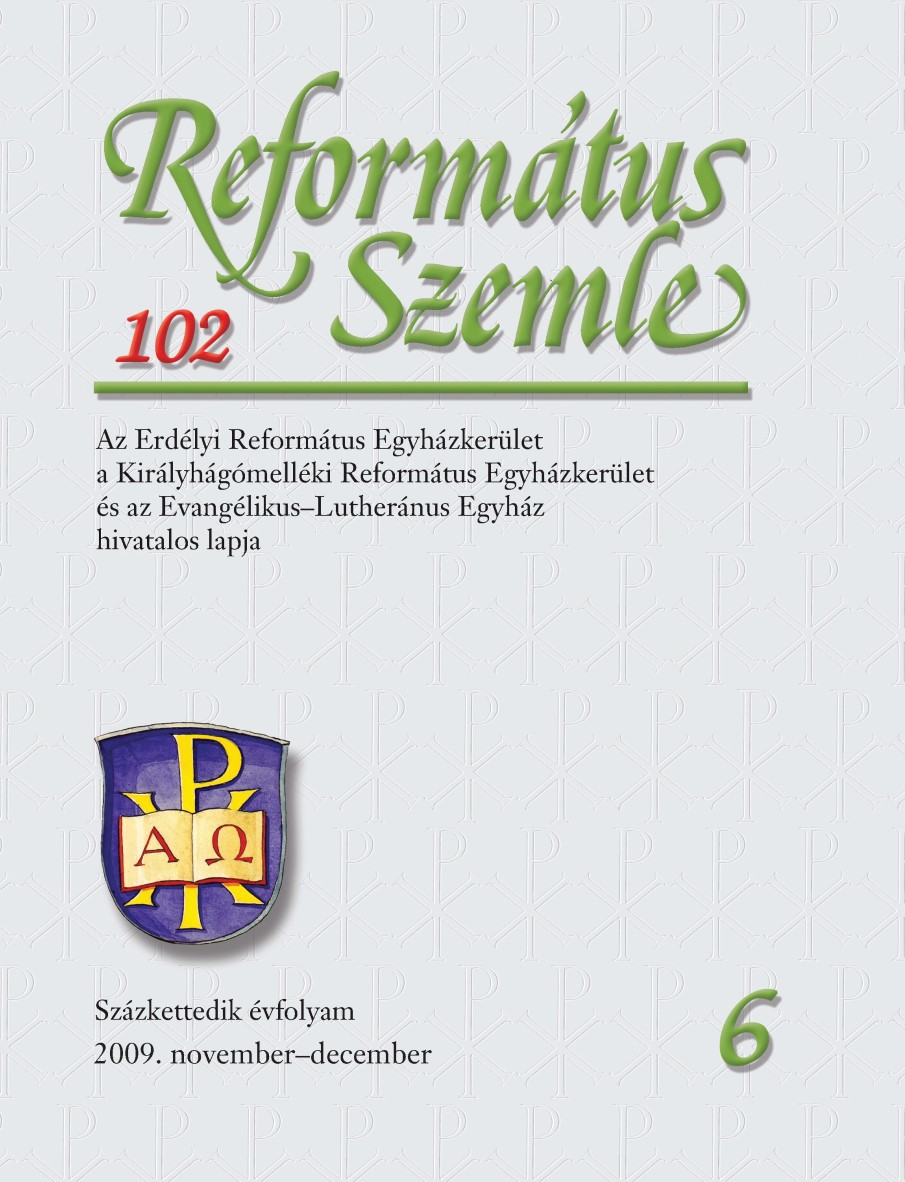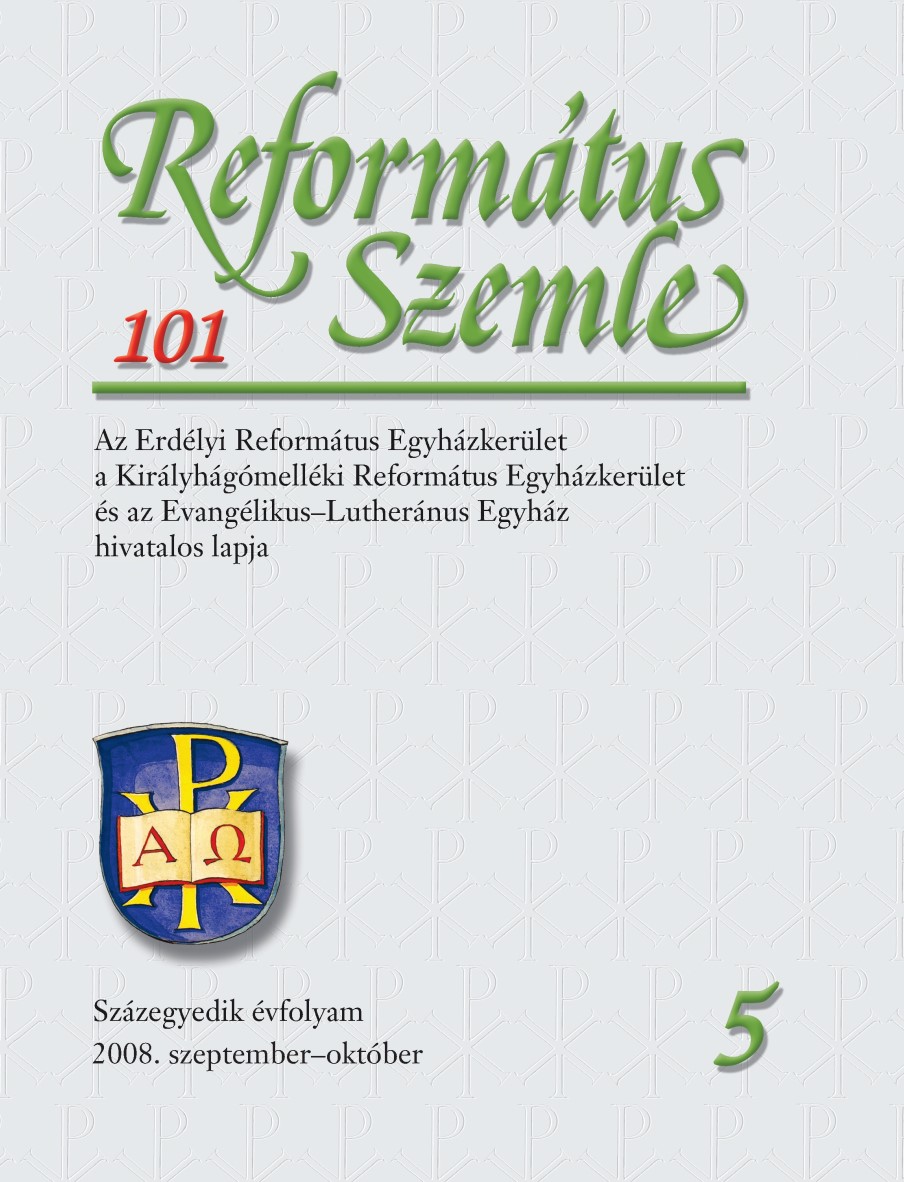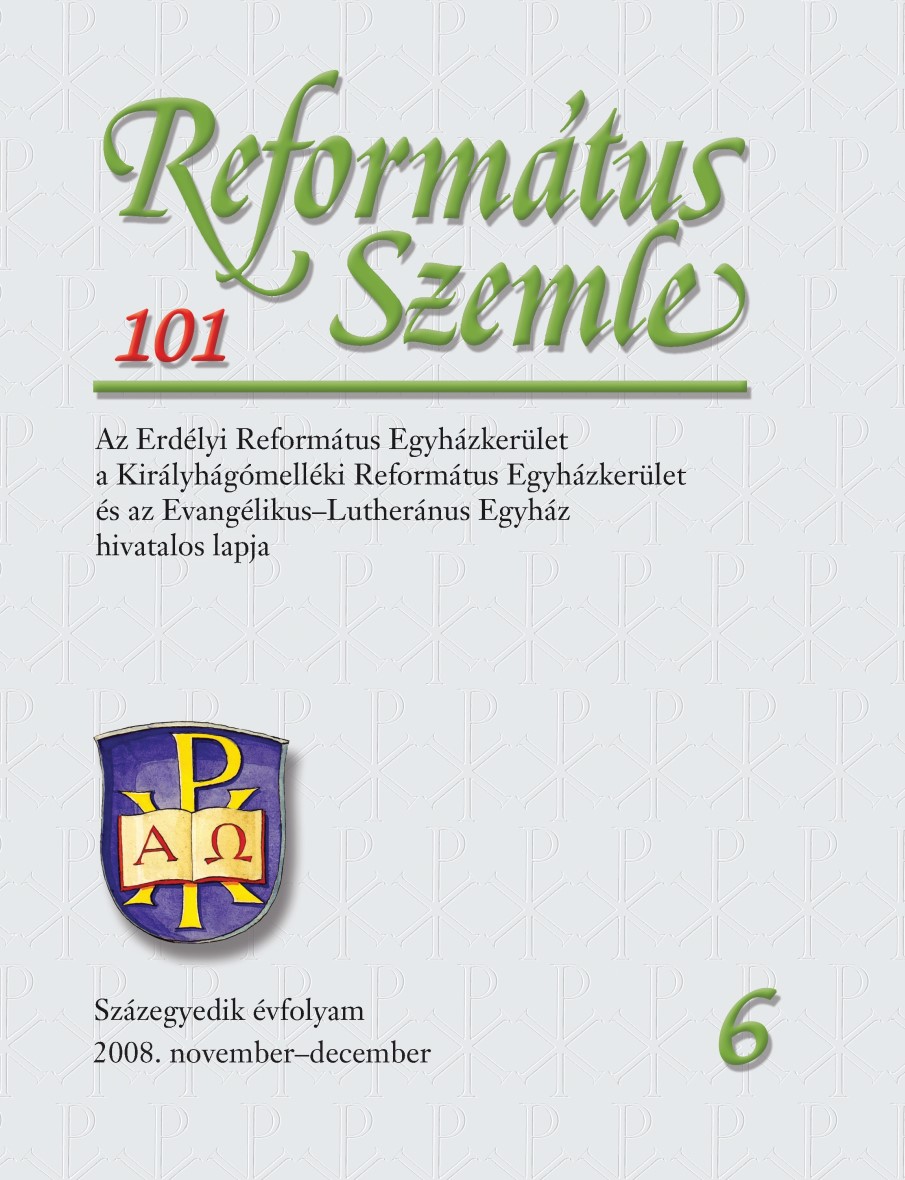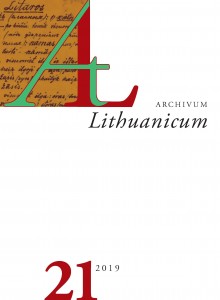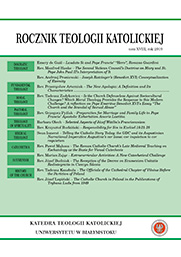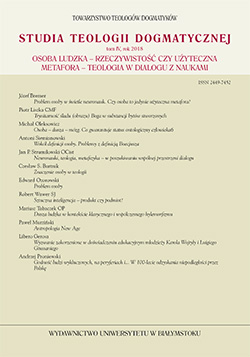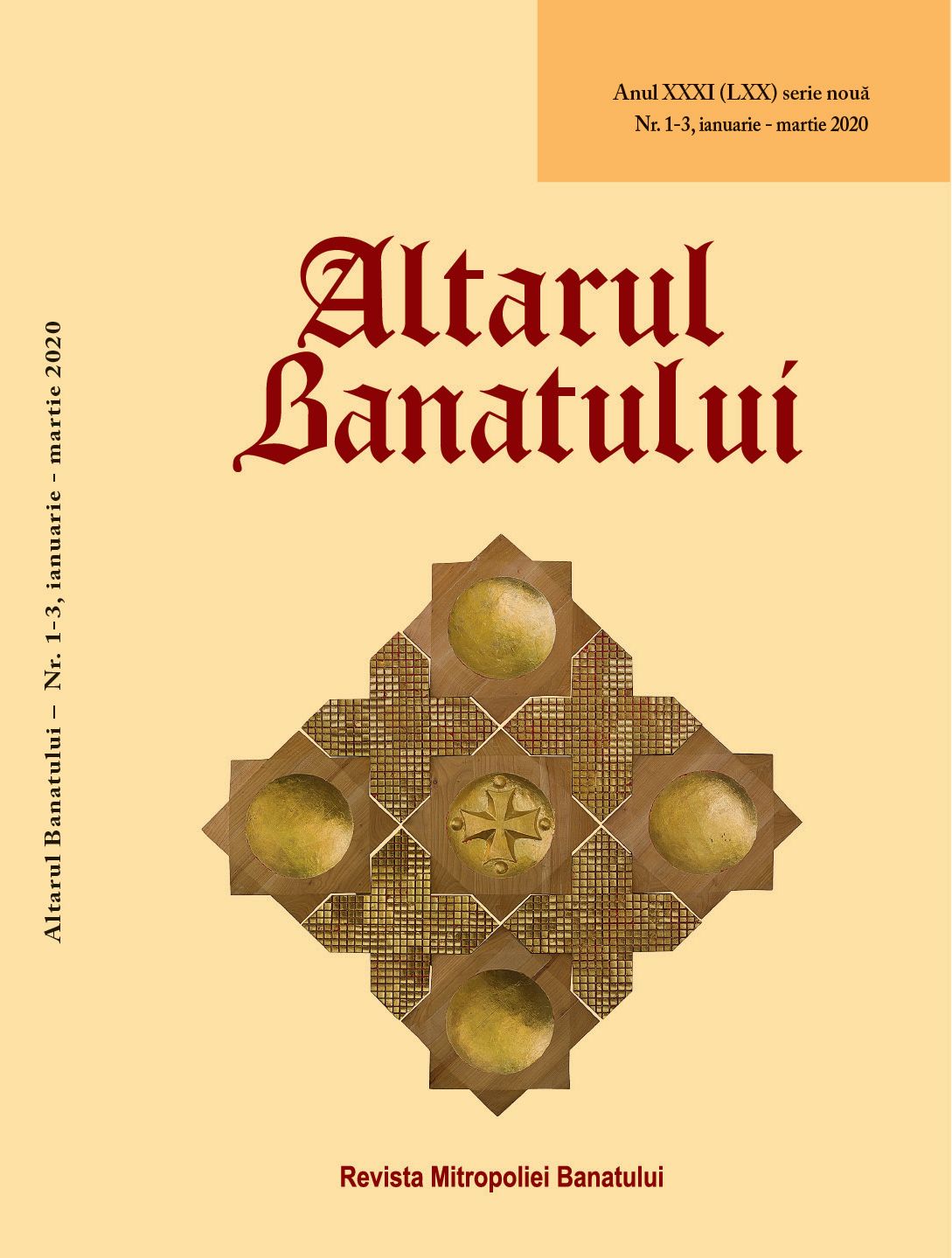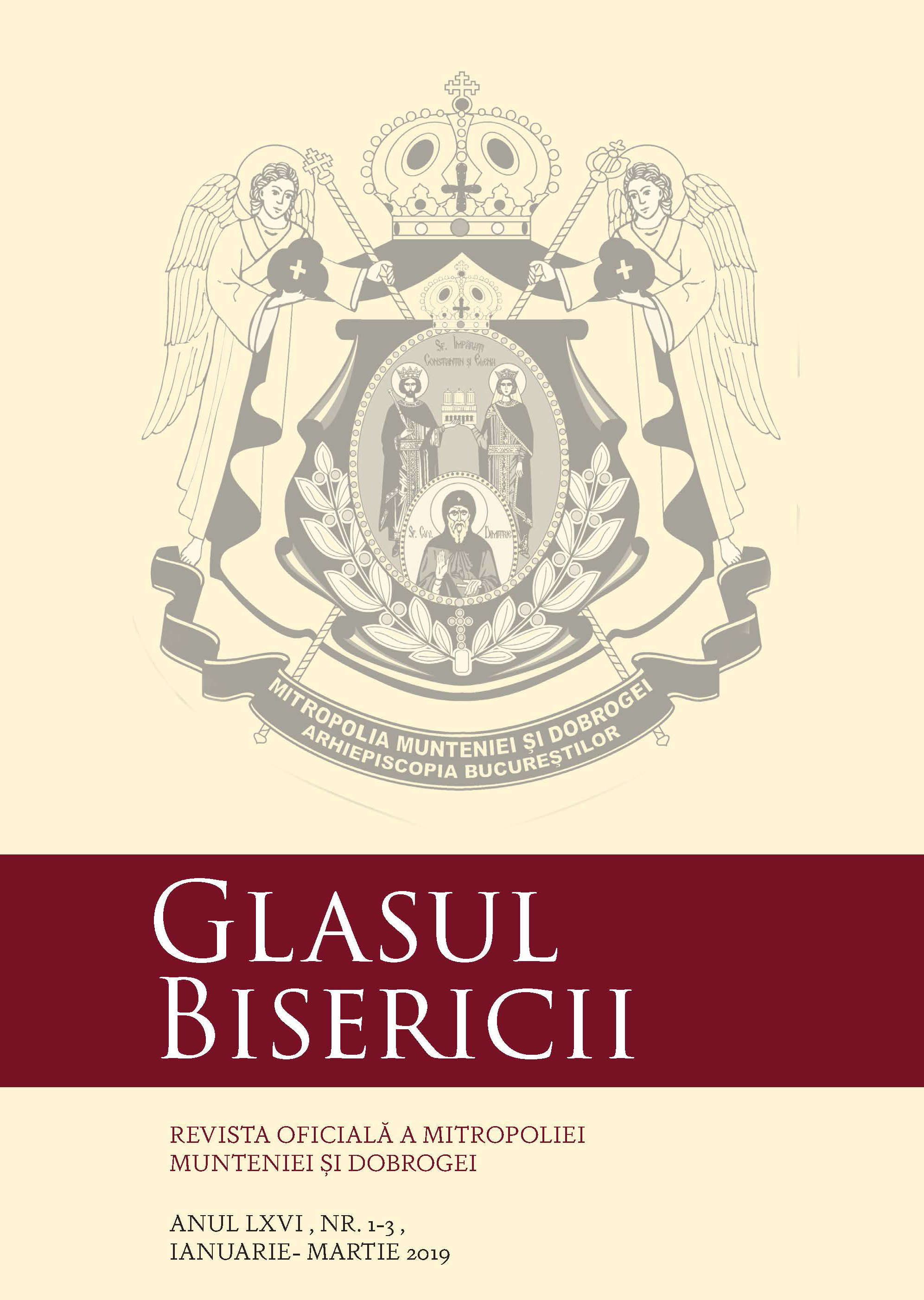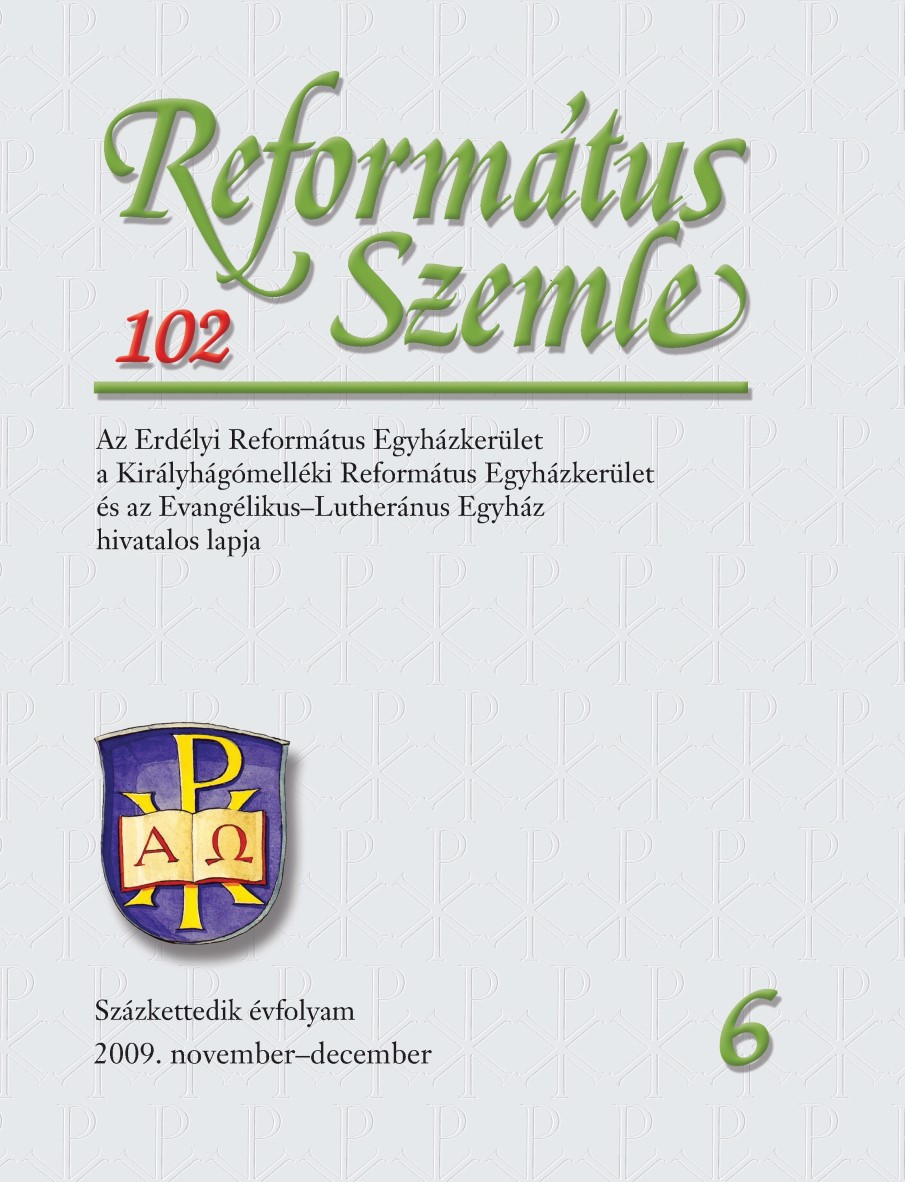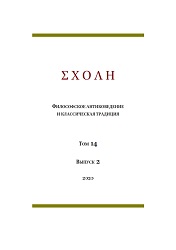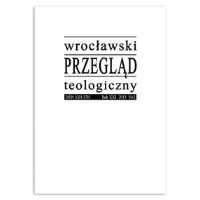
Języki używane przez Jezusa na tle sytuacji językowej w rzymskiej Palestynie
For decades scholarly consensus has held that Jesus spoke and taught mostly in the Aramaic language. To evaluate the accuracy of this assumption,one must investigate which languages were really spoken in Roman Palestine During the first century A.D. The first aim of this paper is to prove that the three ancient languages, Hebrew, Aramaic and Greek were commonly spoken in Israel in Jesus’ times. The second aim is to examine whether the sayings of Jesus in the Greek Gospels record His spoken Greek or perhaps they are translations of what He originally said in Hebrew or Aramaic. The former would mean the Gospels provide us with a great deal of ipsissima verba Iesu. The latter denotes inspired translations done by the biblical writers. There are many wordings in the Greek New Testament that are hinting at the original languages of Jesus’ sermons. The research on them features Jesus as a trilingual teacher who always spoke language appropriate for His listeners (Hebrew with scribes, Pharisees and at synagogues; Greek with Pilate and in Galilee; Aramaic with common people). Particularly important for the investigation of Jesus’ multilinguality are Hebrew and Aramaic words recorded in the Greek texts of the Gospels. They will require an extra future research.
More...
